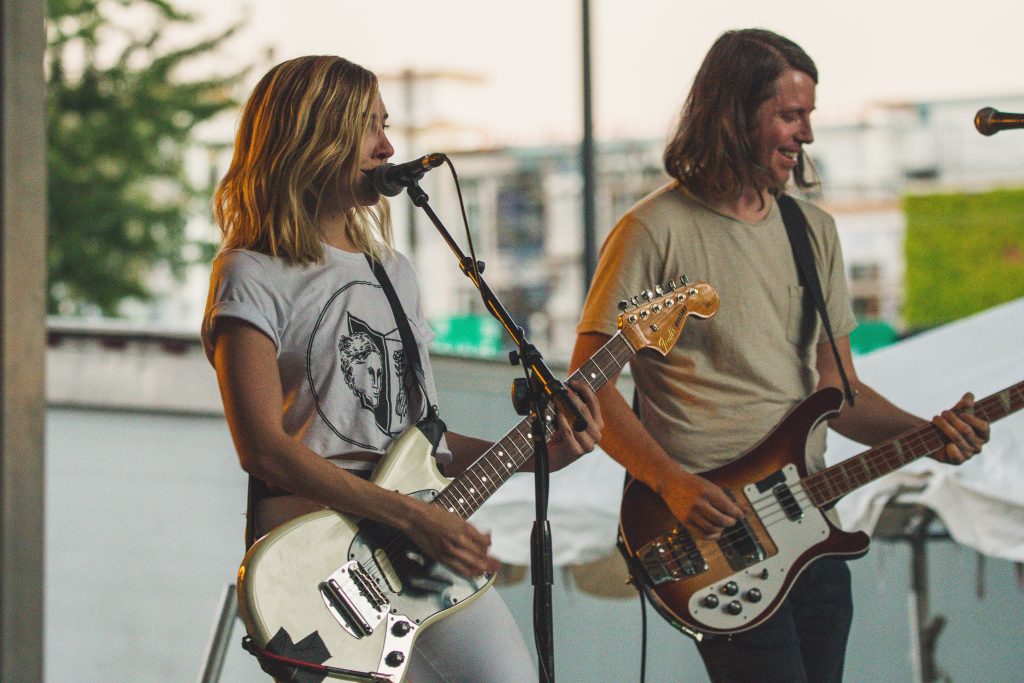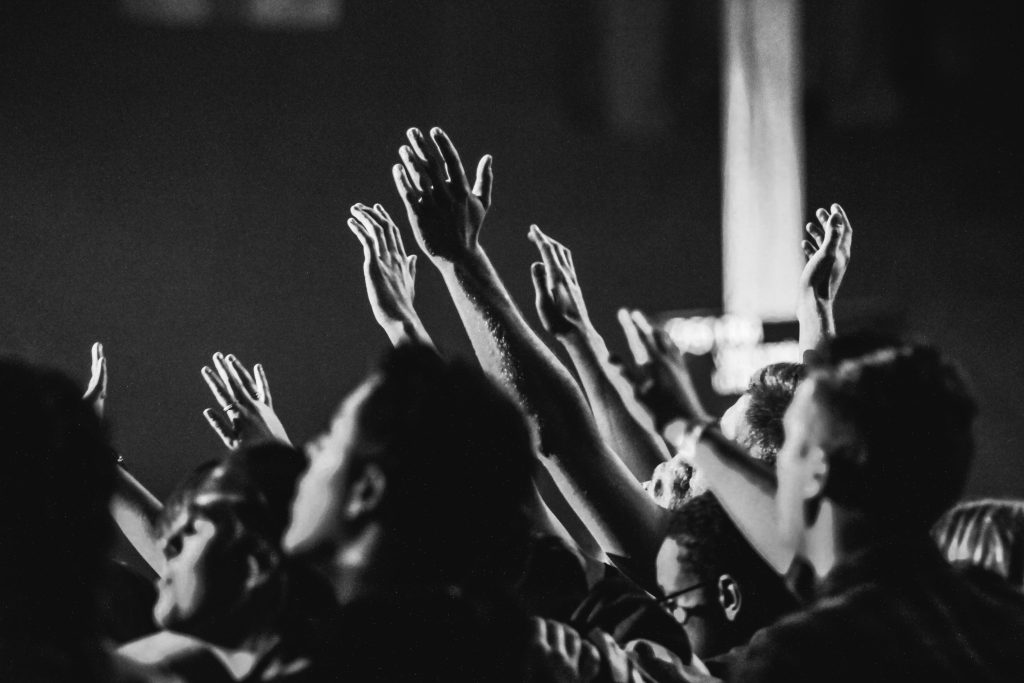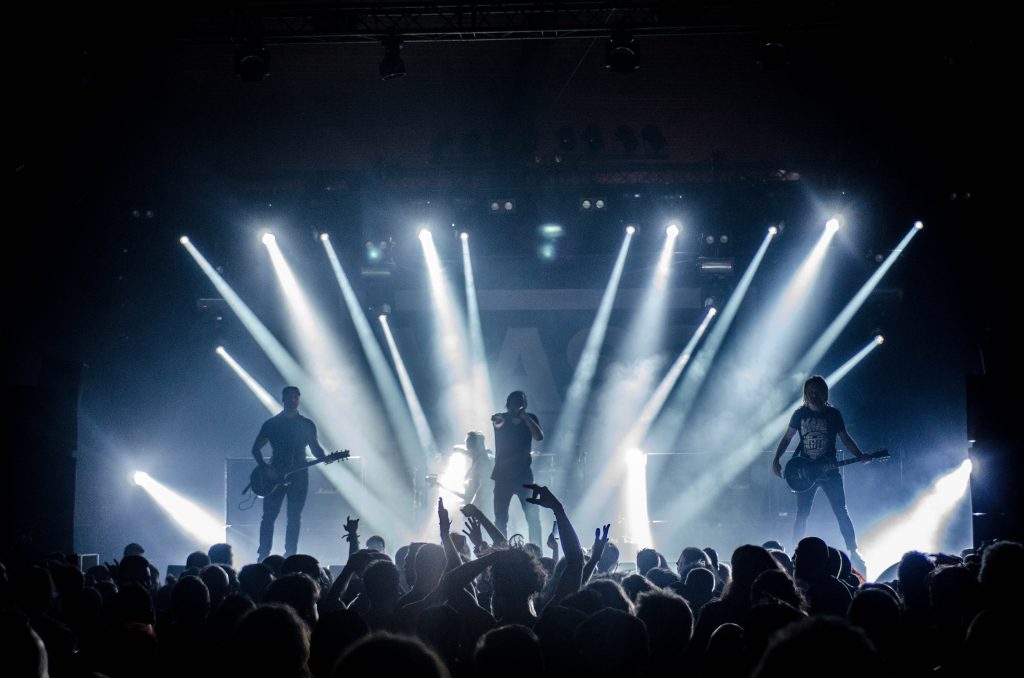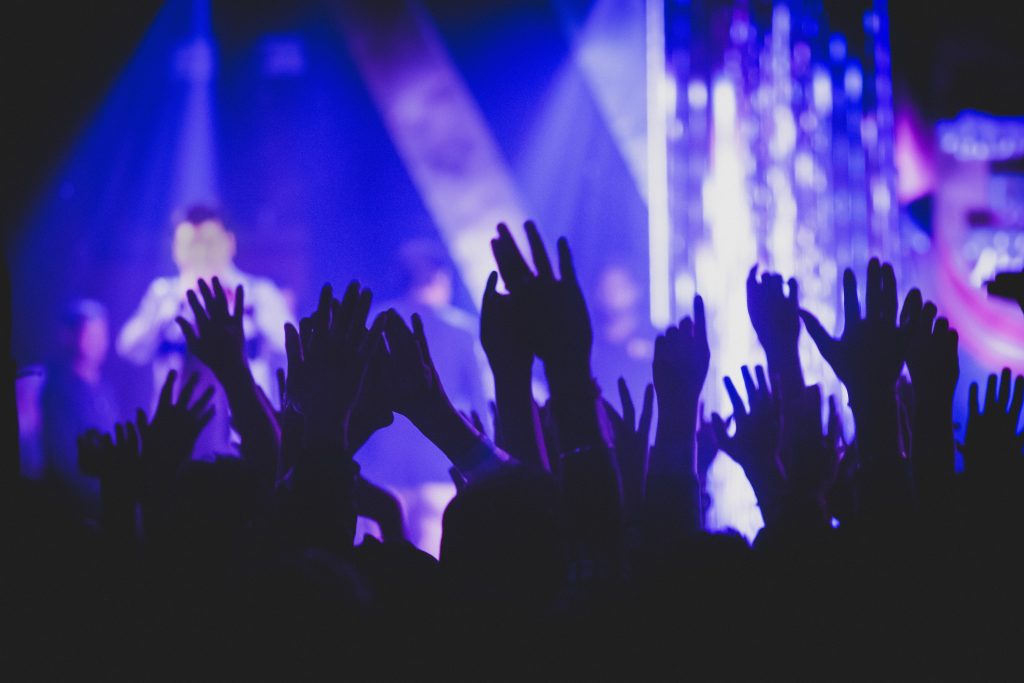
For a very long time, people have used music as a potent political expression tool to spread ideas, spark social change, and bring people together around shared causes. Throughout history, artists and musicians have used music’s ability to evoke strong emotions and persuade listeners in order to inspire movements, question authority, and promote unity. This article will examine how music has been used to spread political messages and bring people together around significant topics. It will also look at the political influence of music.
- The Historical Role of Music in Politics
- Music as a Vehicle for Political Expression
- Music’s Role in Social Movements
- The Power of Music Festivals and Concerts
- Music’s Role in Shaping Political Identities
- The Global Impact of Protest Songs
- The Evolution of Political Music in the Digital Age

Throughout history, music has been integral to political movements. Music has long been a potent force for social and political change, from protest songs during the American Civil Rights Movement to the anthems of liberation performed during the fight against apartheid in South Africa. It is capable of inspiring, energizing, and uniting large numbers of people in support of a common cause.

The power of music as a medium for political expression is one of the main ways that it affects politics. Musicians frequently utilize their art to express their beliefs, question social and political structures, and draw attention to injustices. Musicians may increase awareness and inspire audiences to take action by adding political themes and ideas into their songs.
Numerous social movements have benefited greatly from the use of music, which unites people and gives voice to underrepresented groups. Artists such as Nina Simone and Sam Cooke addressed racial inequity and promoted social justice through their music during the American Civil Rights Movement. Similar to this, artists like Miriam Makeba and Hugh Masekela utilized their music as a form of protest against the repressive government during the anti-apartheid campaign in South Africa.

Concerts and music festivals have often provided forums for activism and political expression. These gatherings of various audiences provide a forum for discussion and idea sharing. Numerous musicians have inspired group action, raised awareness of social issues, and promoted political agendas through their performances at these events.
Music possesses the power to mold political identities and foster a feeling of unity and belonging. Songs or anthems that represent a political movement or party’s ideals and inspire supporters are frequently adopted by these organizations. These songs take on the role of identification markers, bringing people together behind the same political or ideological goal.
Protest songs have transcended national boundaries, resonating with people around the world who share similar struggles and aspirations. Songs like Bob Dylan’s “Blowin’ in the Wind” and John Lennon’s “Imagine” have become anthems for peace and social justice, inspiring generations and transcending cultural and linguistic barriers.
The digital age has revolutionized the way music is consumed and shared, providing new opportunities for political musicians to reach wider audiences. Social media platforms and streaming services have given rise to online activism, allowing musicians to disseminate their political messages quickly and effectively. Movements like #BlackLivesMatter and #MeToo have utilized music and social media to amplify their causes and galvanize supporters.


